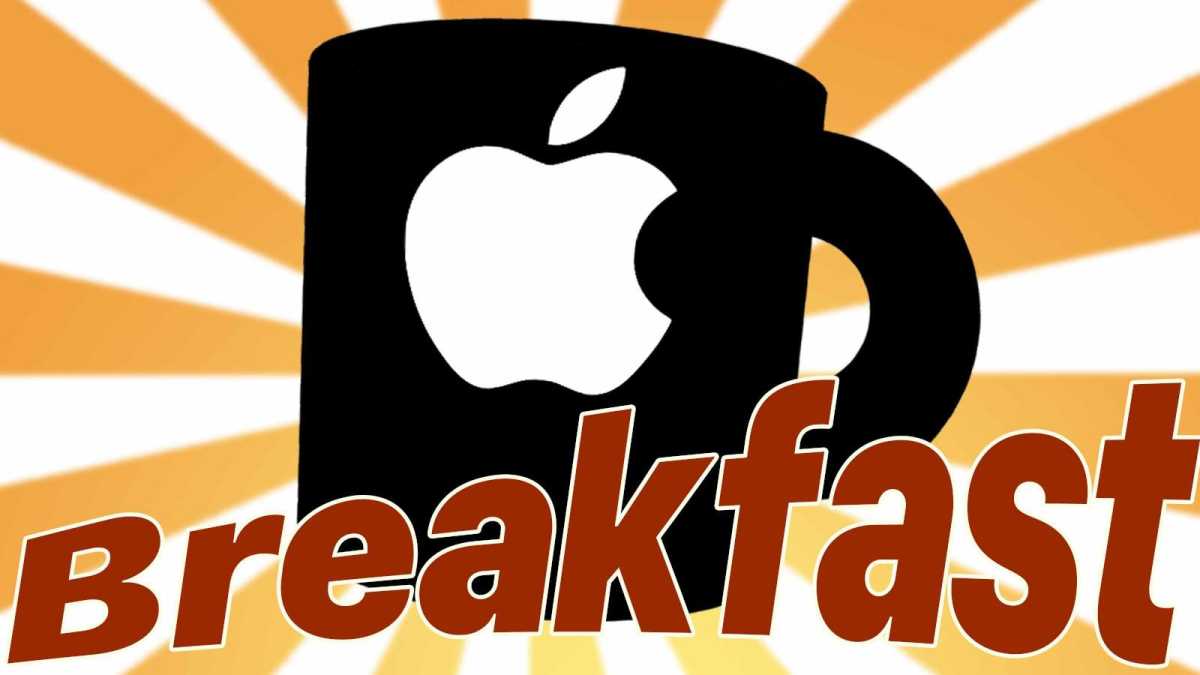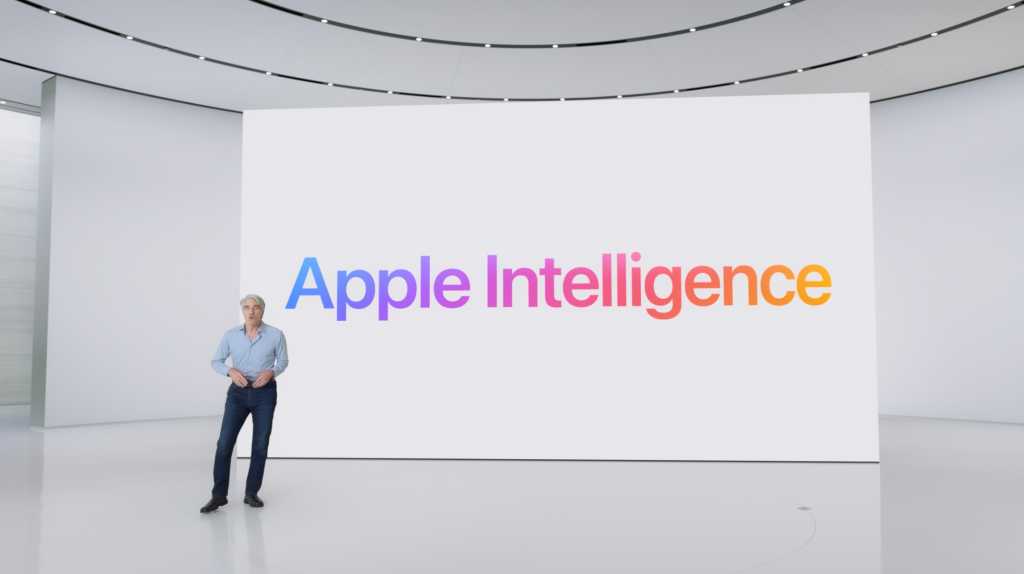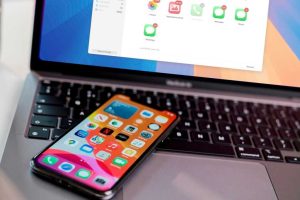
Unlike Sir Keir Starmer (who, rather ominously, says he wants to mainline the technology into Britain’s veins) I’m broadly pessimistic about AI. We may not be talking existential doom—if you ask me, the chances of humanity being wiped out by AI are no higher than 60 or 70 percent—but eliminating jobs and spreading misinformation is bad enough. I just can’t see this thing ending well.
Still, every cloud has a silver lining. The future may be gloomy, thanks to the corporate world’s unthinking embrace of AI’s dubious merits, but the situation is bringing some benefits in the short term. And frankly, I think we should take the wins where we can find them.
I’m talking, of course, about Apple Intelligence specifically. Partly because I’m more interested in Apple than other tech companies, and partly because Apple’s AI platform is that much more likely to be somewhat constrained by social ethics and the principles of data privacy. The company isn’t perfect by any means, but as a general rule its reliance on customer goodwill incentivizes better behavior.
While we’re on the subject of incentives, let’s talk about products. Apple came late to the AI party, and is extremely keen to catch up; this motivates the company to get as many customers using Apple Intelligence as possible, as soon as possible. And this means that the cheapest and therefore biggest-selling products need to support Apple Intelligence.
The 4th-gen iPhone SE and 11th-gen iPad are both expected to launch in March or April and thanks to Apple Intelligence, they are set to be considerably more powerful than we would otherwise expect. The new iPhone SE will probably boast an A17 Pro processor (a nice jump from the A15 on the previous model) and 8GB of RAM (up from 4GB) for the simple reason that anything less would not be enough to support Apple Intelligence. The 11th-gen iPad, meanwhile, will enjoy an even bigger step up from the A14 to the A17 Pro, which is far more muscle than Apple’s entry-level tablet would get in a world without Apple Intelligence.
The Mac has benefitted from Apple Intelligence as well. Predictive Code Completion in Xcode 16, part of the Apple Intelligence suite, requires 16GB of RAM, which left out many Apple silicon Macs when it launched with macOS Sequoia 15. Subsequently, several Macs got a bump to 16GB in the fall, including the M2 and M3 MacBook Airs, entry-level MacBook Pro, and M4 Mac mini. We’ve been complaining about 8GB of RAM for years, and thanks to Apple intelligence, we finally got it.
Under normal circumstances, Apple likes to improve its products as slowly as possible; its philosophy is that each device should be exactly as much of an improvement on the previous model as is necessary to persuade customers to upgrade, and not one gigabyte more. Budget iPad and even Mac buyers in 2025 are unlikely to regard either the processor or RAM as dealbreakers, so Apple’s instinct would naturally be to offer the bare minimum. But because Apple needs those things to make it onto the specs sheet, it’s suddenly practical and cost-effective to include them. Funny how that works out.
Of course, Apple Intelligence isn’t just here to force Apple to improve the spec lines of its budget mobile devices. It’s here to create wildly inaccurate notification summaries and put illustrators out of work. It’s here to sidetrack Apple software engineers for several years when they could be working on something worthwhile–like fixing Siri, for example. Oh but David, I hear you cry, Siri is being fixed as part of the Apple Intelligence project. To which I answer, possibly (although I haven’t noticed much improvement so far), but Siri is at its worst on the HomePod, and the HomePod cannot run Apple Intelligence.
I suppose we can look forward to the HomePod miraculously leaping up to Apple Intelligence-ready specs in the near future. But that isn’t much consolation to me.

Foundry
Welcome to our weekly Apple Breakfast column, which includes all the Apple news you missed last week in a handy bite-sized roundup. We call it Apple Breakfast because we think it goes great with a Monday morning cup of coffee or tea, but it’s cool if you want to give it a read during lunch or dinner hours too.
Trending: Top stories
Apple’s string of failures shows just how badly things need to change.
Go home Mark Zuckerberg, you’re drunk.
Apple’s stuffed 2025 release calendar is missing one very important product.
The iPhone 17 will be a small step backward–again.
Apple’s Calculator app will get one of its best features back in iOS 18.3.
Podcast of the week
If you thought 2024 was a pretty good year for Apple products, 2025 looks to be even bigger. On the latest episode of the Macworld Podcast, we’re talking about Apple’s loaded release schedule for the year. If you’re pondering some major Apple purchases this year, you’ll want to listen in!
You can catch every episode of the Macworld Podcast on Spotify, Soundcloud, the Podcasts app, or our own site.
Reviews corner
The rumor mill
Apple’s fall launches are shaping up to be a little smarter than usual.
Apple is looking to snatch back the limelight with a huge year for the iPhone.
iPhone SE 4 dummy model reveals key features of Apple’s next budget phone.
The M4 MacBook Air is set to kick off a ‘loaded’ 2025 for the Mac.
Apple Intelligence brings a huge spec bump for the basic iPad.
Software updates, bugs, and problems
Hackers have devised a simple text scam to bypass Apple’s iPhone protections.
New Mac malware can bypass Apple’s XProtect security scanner.
Apple tweaks AI notification summaries in iOS 18.3 following outcry.
Researcher finds a vulnerability in the iPhone USB-C controller.
Apple releases first MagSafe Charger firmware in nearly two years.
And with that, we’re done for this week’s Apple Breakfast. If you’d like to get regular roundups, sign up for our newsletters. You can also follow us on Facebook, Threads, or Twitter for discussion of breaking Apple news stories. See you next Monday, and stay Appley.




